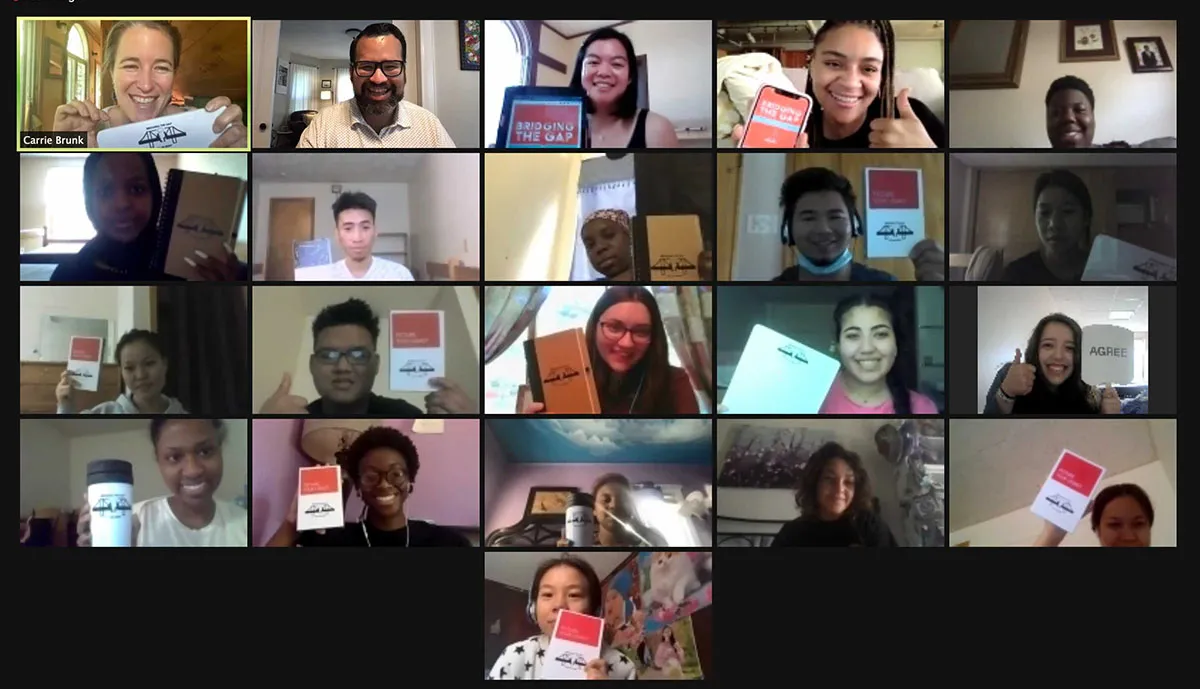At the end of the Spring 2021 semester, a select group of Ithaca College students participated in an experiential course that taught them to communicate and collaborate with peers who have opposing religious beliefs and sociopolitical values.
The course, titled “Bridging the Gap: Dialogue Across Difference” ran from May 17 to June 3 and was brought to Ithaca College by Hierald Osorto, executive director for student equity and belonging and director of the Office of Religious and Spiritual Life at Ithaca College. The Bridging the Gap initiative, founded by Simon Greer, was first piloted in a collaboration between Oberlin College and Spring Arbor University. It has since grown to include six schools. Each cohort is facilitated by an expert trainer from Bridging the Gap and two teaching assistants that Osorto has worked with throughout the course.
